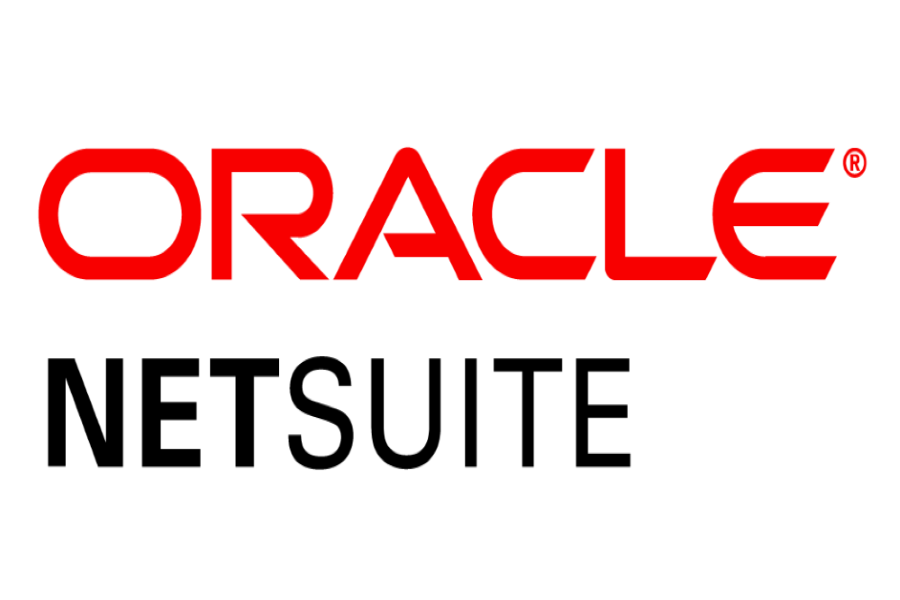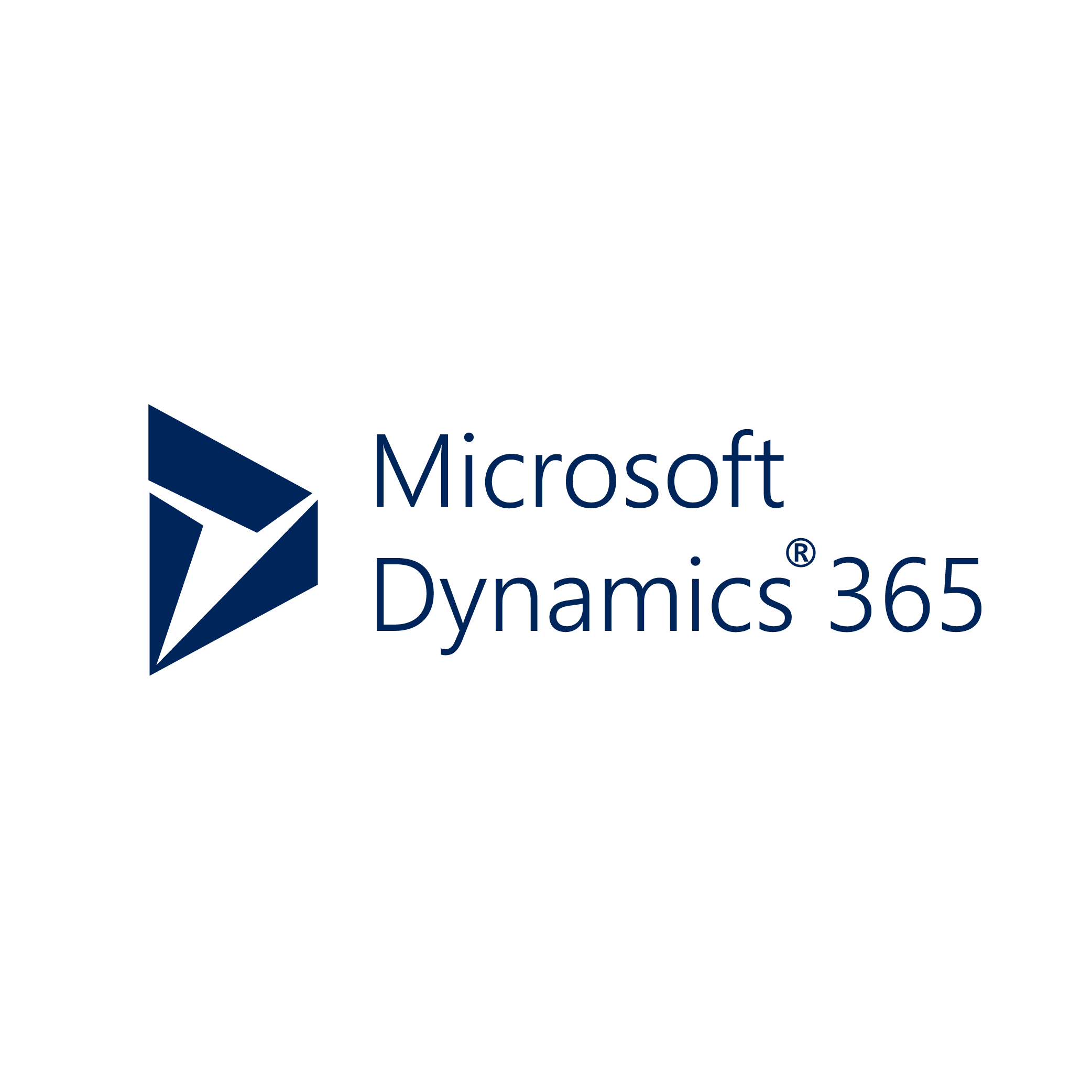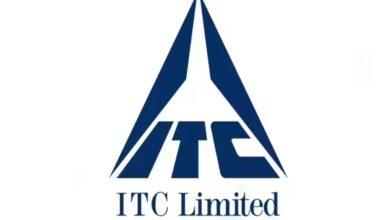Top 10 Best ERP In India 2024

Top 10 Best ERP In India 2024
In the ever-evolving landscape of business management, Enterprise Resource Planning (ERP) systems have emerged as a pivotal technology for organizations across the globe. As we approach the year 2024, the demand for efficient and integrated ERP solutions in India is projected to witness unprecedented growth, driven by the pursuit of streamlined operations, data-driven decision-making, and enhanced productivity.
The dynamic nature of today’s business environment demands the consolidation of various organizational processes into a single, cohesive platform. ERP systems act as comprehensive software solutions that enable businesses to optimize their operations, enhance collaboration, and gain valuable insights into their performance.
In the context of India, a nation with a diverse range of industries and an economy scaling new heights, the significance of ERP systems cannot be understated. Organizations, both large and small, are recognizing the transformative power of ERP solutions in improving their competitiveness, cost-efficiency, and customer service.
The title “Top 10 Best ERP in India 2024″ delves into the anticipated leading ERP systems that are expected to dominate the Indian market in the year 2024. As technological advancements continue to reshape the ERP landscape, these top-performing platforms will be at the forefront of driving innovation and setting new standards in ERP functionality.
This comprehensive compilation aims to guide businesses, decision-makers, and IT professionals in making informed choices while selecting an ERP system that aligns with their unique requirements. By presenting an overview of the top ERP solutions available in India, this list intends to offer valuable insights into the key features, capabilities, and advantages that each platform brings to the table.
Furthermore, the evaluation of these ERP solutions will consider factors such as scalability, ease of implementation, customer support, integration capabilities, security, and user friendliness. A thorough assessment of these essential elements will empower organizations to make well-founded decisions in their pursuit of enhanced efficiency and strategic growth.
As the business landscape continues to evolve rapidly, staying ahead of the competition necessitates adopting cutting-edge technologies. In this context, the “Top 10 Best ERP in India 2024” list serves as a compass for enterprises seeking to navigate the dynamic terrain of ERP solutions, empowering them to embark on a transformative journey toward sustainable success in the digital age.
1. SAP S/4HANA

SAP S/4HANA is a leading Enterprise Resource Planning (ERP) software offered by SAP, a global leader in business solutions. It represents the next generation of ERP, built on the innovative SAP HANA in-memory database, enabling real-time data processing and analytics. SAP S/4HANA revolutionizes business operations by offering enhanced efficiency, agility, and insight-driven decision-making.
With its intuitive user interface and simplified data model, SAP S/4HANA streamlines processes across various business functions, such as finance, sales, procurement, manufacturing, and more. The platform supports end-to-end business processes and enables seamless integration with other SAP solutions and third-party applications.
Organizations adopting SAP S/4HANA gain access to advanced features like predictive analytics, artificial intelligence, and machine learning, empowering them to forecast demand, optimize inventory, and automate routine tasks. The system’s real-time analytics enable users to derive meaningful insights from massive data sets promptly.
In conclusion, SAP S/4HANA stands as a transformative ERP solution that empowers businesses with cutting-edge technologies, improving efficiency and productivity. Its capabilities to leverage real-time data and advanced analytics make it an invaluable tool for enterprises aiming to stay competitive and achieve sustainable growth.
2. Oracle NetSuite

Oracle NetSuite is a leading cloud-based ERP system renowned for its versatility and comprehensive functionalities tailored to businesses of all sizes. As a unified platform, NetSuite consolidates essential business processes, including financial management, inventory, supply chain, order management, and customer relationship management (CRM), into a single, integrated solution.
Being cloud-based, NetSuite offers several advantages, such as easy scalability, automatic updates, and access real-time data from anywhere. Its user-friendly interface and customization options allow businesses to adapt the system to their unique requirements without the need for extensive IT support.
With a strong emphasis on real-time data visibility, Oracle NetSuite provides actionable insights that facilitate data-driven decision-making. Its robust reporting and analytics tools enable users to analyze performance, track KPIs, and identify growth opportunities.
Furthermore, NetSuite’s suite of industry-specific solutions and add-ons enables businesses to address specialized needs effectively. This adaptability and versatility have made it a popular choice for companies seeking an ERP system that can accommodate their evolving needs.
In summary, Oracle NetSuite offers a powerful cloud-based ERP solution designed to streamline operations, enhance visibility, and drive growth. Its flexibility and broad range of capabilities make it an attractive choice for businesses looking for a scalable, future-proof ERP platform.
3. Microsoft Dynamics 365

Microsoft Dynamics 365 is a comprehensive cloud-based ERP and Customer Relationship Management (CRM) suite provided by Microsoft. It unifies various business applications, including finance, sales, marketing, supply chain management, and customer service, into a single integrated platform.
Built on the Microsoft Azure cloud infrastructure, Dynamics 365 delivers a seamless and secure user experience, allowing businesses to access data and applications from anywhere, anytime. The platform’s tight integration with Microsoft’s productivity tools, like Office 365, enhances collaboration and boosts productivity.
Dynamics 365’s data-driven approach empowers organizations to gain valuable insights through AI-driven analytics, enabling them to make informed decisions and improve operational efficiency. Additionally, the platform’s robust reporting and visualization tools provide users with a comprehensive view of their business performance, enabling them to identify trends and opportunities proactively.
With flexible deployment options, businesses can choose from various modules and customize the system to suit their unique needs. Whether a small business or an enterprise-level organization, Microsoft Dynamics 365 scales to meet diverse requirements and supports growth.
In conclusion, Microsoft Dynamics 365 offers a powerful and adaptable ERP and CRM solution that integrates seamlessly with Microsoft’s suite of productivity tools. With its data-driven insights and collaborative capabilities, it empowers businesses to streamline processes, enhance customer engagement, and drive success in today’s dynamic market.
4. TallyPrime

TallyPrime is a leading Enterprise Resource Planning (ERP) software that streamlines business operations for small and medium-sized enterprises (SMEs). With its user-friendly interface and robust features, TallyPrime is a preferred choice for businesses seeking efficient financial management, inventory control, and payroll processing.
TallyPrime’s key features include real-time data processing, comprehensive financial reporting, and seamless GST (Goods and Services Tax) compliance, making it highly suitable for businesses operating in regions with complex tax regulations. Its advanced inventory management module ensures businesses can monitor stock levels, track batch numbers, and manage multiple warehouses effortlessly.
Furthermore, TallyPrime offers bank reconciliation capabilities, enabling users to match transactions, identify discrepancies, and maintain accurate financial records. Its accessibility on both desktop and mobile devices ensures business owners can stay updated on critical financial insights while on the move.
As businesses grow, TallyPrime scales efficiently, accommodating expanding data requirements without compromising performance. The software’s data security measures, such as encrypted data storage and access controls, instill confidence in users regarding their sensitive business information.
In summary, TallyPrime stands out as an intuitive, secure, and scalable ERP solution tailored to the needs of SMEs, empowering them to enhance productivity, financial visibility, and compliance while optimizing overall business performance.
5. Acumatica

Acumatica is a powerful cloud-based ERP platform designed to revolutionize the way businesses manage their operations. As a comprehensive ERP system, Acumatica offers a suite of interconnected modules that cover financial management, customer relationship management (CRM), inventory management, project accounting, and more.
The cloud-native architecture of Acumatica ensures users can access real-time data anytime, anywhere, making it a flexible solution for modern businesses with remote teams and distributed operations. The platform’s scalability caters to businesses of all sizes, accommodating their growth and evolving needs seamlessly.
One of Acumatica’s notable strengths is its advanced customization capabilities. Users can tailor the system to align with their unique business processes, allowing for greater efficiency and productivity. Integration with other business applications and third-party services is also straightforward, further enhancing the ERP’s functionality.
Acumatica’s robust financial management features enable businesses to automate tasks like billing, invoicing, and financial reporting, thereby streamlining financial operations. With its CRM module, companies can manage leads, track sales opportunities, and nurture customer relationships effectively.
Another advantage of Acumatica is its industry-specific editions, catering to various sectors such as manufacturing, distribution, and retail, offering tailored functionalities to meet industry-specific challenges and requirements.
In conclusion, Acumatica’s cloud-based approach, adaptability, and comprehensive suite of modules position it as a versatile ERP solution, empowering businesses to optimize their processes, enhance collaboration, and drive sustainable growth.
6. SAP Business One
SAP Business One is an integrated ERP solution designed to meet the specific needs of small and medium-sized enterprises (SMEs). With SAP Business One, businesses can streamline their operations, gain better insights into their processes, and make informed decisions for improved efficiency and profitability.
The key strength of SAP Business One lies in its ability to consolidate various business functions into a single, unified platform. Its core modules cover essential areas such as financial management, sales, purchasing, inventory, and customer relationship management, providing a holistic view of the entire business.
The ERP system’s reporting and analytics capabilities enable users to generate real-time reports and visualizations, allowing for data-driven decision-making. Additionally, SAP Business One integrates with other SAP products and third-party applications, facilitating smoother data exchange and enhancing overall business efficiency.
SAP Business One also supports multi-currency and multi-language functionalities, making it a suitable choice for businesses with international operations or trading partners. Furthermore, the software can be deployed on-premise or in the cloud, offering flexibility and scalability to meet changing business demands.
For manufacturing businesses, SAP Business One offers features to manage production processes, track inventory levels, and optimize supply chain operations. Similarly, service-based businesses can leverage the CRM module to enhance customer service and manage service contracts efficiently.
In summary, SAP Business One’s comprehensive suite of modules, integration capabilities, and scalability make it an excellent ERP solution for SMEs looking to centralize their operations, drive growth, and achieve a competitive edge in their respective markets.
7. Infor ERP LN
Infor ERP LN is a powerful and comprehensive Enterprise Resource Planning (ERP) solution designed to optimize business processes and enhance productivity across various industries. As a market-leading ERP system, Infor ERP LN caters to the needs of medium- to large-scale enterprises, empowering them to streamline their operations and make well-informed decisions.
Key features of Infor ERP LN include robust financial management tools, supply chain management capabilities, customer relationship management (CRM) functionalities, and advanced manufacturing modules. This integrated suite of applications ensures seamless data flow and real-time visibility throughout the organization, fostering better collaboration and efficiency.
With Infor ERP LN, businesses can gain a competitive edge through improved forecasting and demand planning. The system’s sophisticated analytics and reporting tools provide valuable insights into key performance indicators (KPIs) and help in identifying growth opportunities. Moreover, the cloud-based deployment option of Infor ERP LN ensures flexibility, scalability, and data security, meeting the demands of modern businesses.
The user-friendly interface and intuitive navigation make it easy for employees to adapt to the system, minimizing training efforts and accelerating the implementation process. Furthermore, the mobile accessibility of Infor ERP LN empowers users to access critical information on the go, enhancing decision-making capabilities.
Infor ERP LN offers extensive industry-specific solutions, including automotive, aerospace, industrial machinery, and more. Its ability to adapt to unique industry requirements sets it apart from other ERP systems, making it an ideal choice for businesses seeking tailored solutions.
8. Microsoft Dynamics NAV

Microsoft Dynamics NAV is a leading ERP software known for its agility and versatility, catering to the needs of small to mid-sized businesses. With a robust set of functionalities and seamless integration with Microsoft’s productivity tools, Dynamics NAV enables organizations to optimize their processes and drive growth.
The core modules of Microsoft Dynamics NAV cover financial management, inventory control, sales and marketing, procurement, and production planning. These modules work in tandem to provide a holistic view of business operations, facilitating data-driven decision-making.
One of the key advantages of Dynamics NAV is its seamless integration with other Microsoft applications like Microsoft 365, Power BI, and SharePoint. This integration enhances collaboration and enables users to leverage familiar tools, minimizing the learning curve.
Dynamics NAV’s user-friendly interface and customizable dashboards allow businesses to tailor the ERP system according to their unique requirements, ensuring a personalized user experience. Additionally, its cloud-based deployment option, through Microsoft Azure, offers scalability, security, and accessibility from anywhere with an internet connection.
The comprehensive reporting and analytics capabilities of Microsoft Dynamics NAV empower businesses to gain valuable insights into performance trends and identify areas for improvement. This data-driven approach leads to enhanced productivity, reduced costs, and increased profitability.
9. SAGE 300 Cloud

SAGE 300cloud is a cutting-edge Enterprise Resource Planning (ERP) solution that empowers businesses to streamline their operations, enhance productivity, and gain a competitive edge. Designed to cater to the diverse needs of both small and medium-sized enterprises (SMEs), SAGE 300cloud offers a comprehensive suite of integrated applications tailored for finance, accounting, human resources, inventory management, and more.
One of the key features that sets SAGE 300Cloud apart is its cloud-based architecture, which enables businesses to access critical data and real-time insights from anywhere, at any time. This cloud-based ERP eliminates the need for complex on-premises installations, reduces hardware and maintenance costs, and ensures automatic updates to keep the software up-to-date with the latest advancements.
SAGE 300cloud’s robust financial management module provides a 360-degree view of a company’s financial health, facilitating informed decision-making. Additionally, it offers seamless integration with other modules, enabling cross-departmental collaboration and data sharing.
Moreover, SAGE 300cloud excels in inventory management, optimizing stock levels, and reducing carrying costs. The system’s advanced reporting and analytics capabilities allow users to track inventory movements, analyze trends, and forecast demand, further empowering businesses to make data-driven decisions.
Furthermore, SAGE 300cloud boasts a user-friendly interface, ensuring ease of use and reducing the learning curve for employees. With role-based access controls, businesses can define user permissions, safeguard sensitive information, and ensure data security.
In conclusion, SAGE 300cloud stands as a powerful ERP solution that enhances business efficiency, improves financial management, and promotes seamless collaboration. Its cloud-based nature, extensive features, and user-friendly interface make it a top choice for SMEs seeking a scalable and adaptable ERP system to thrive in today’s dynamic business landscape.
10. Kingdee ERP
Kingdee ERP emerges as a game-changing Enterprise Resource Planning (ERP) solution, revolutionizing the way enterprises manage their operations, resources, and data. As a global leader in ERP software, Kingdee ERP offers a comprehensive suite of integrated modules encompassing finance, human resources, supply chain, manufacturing, and customer relationship management, catering to enterprises of all sizes and industries.
With a focus on innovation, Kingdee ERP incorporates advanced technologies such as Artificial Intelligence (AI), Machine Learning (ML), and data analytics to provide users with actionable insights and foresight. These features enable businesses to make informed decisions, predict market trends, optimize processes, and ultimately gain a competitive advantage.
One of Kingdee ERP’s notable strengths lies in its scalability and flexibility. The system caters to the unique requirements of different industries, allowing for customization and configuration to adapt to specific business processes seamlessly. This adaptability ensures that enterprises can utilize a tailored ERP solution that aligns perfectly with their workflows.
Kingdee ERP’s cloud-based architecture is another significant advantage. By migrating to the cloud, businesses can experience enhanced accessibility, real-time collaboration, and automatic updates, leading to cost savings and improved productivity.
Moreover, Kingdee ERP excels in financial management, providing comprehensive tools for accounting, financial planning, and budgeting. It offers real-time visibility into financial data, empowering executives to make well-informed decisions and enabling accounting teams to manage their tasks efficiently.
Additionally, the system’s supply chain management capabilities optimize inventory levels, reduce lead times, and enhance supplier collaboration, ensuring a smooth and efficient flow of goods.




